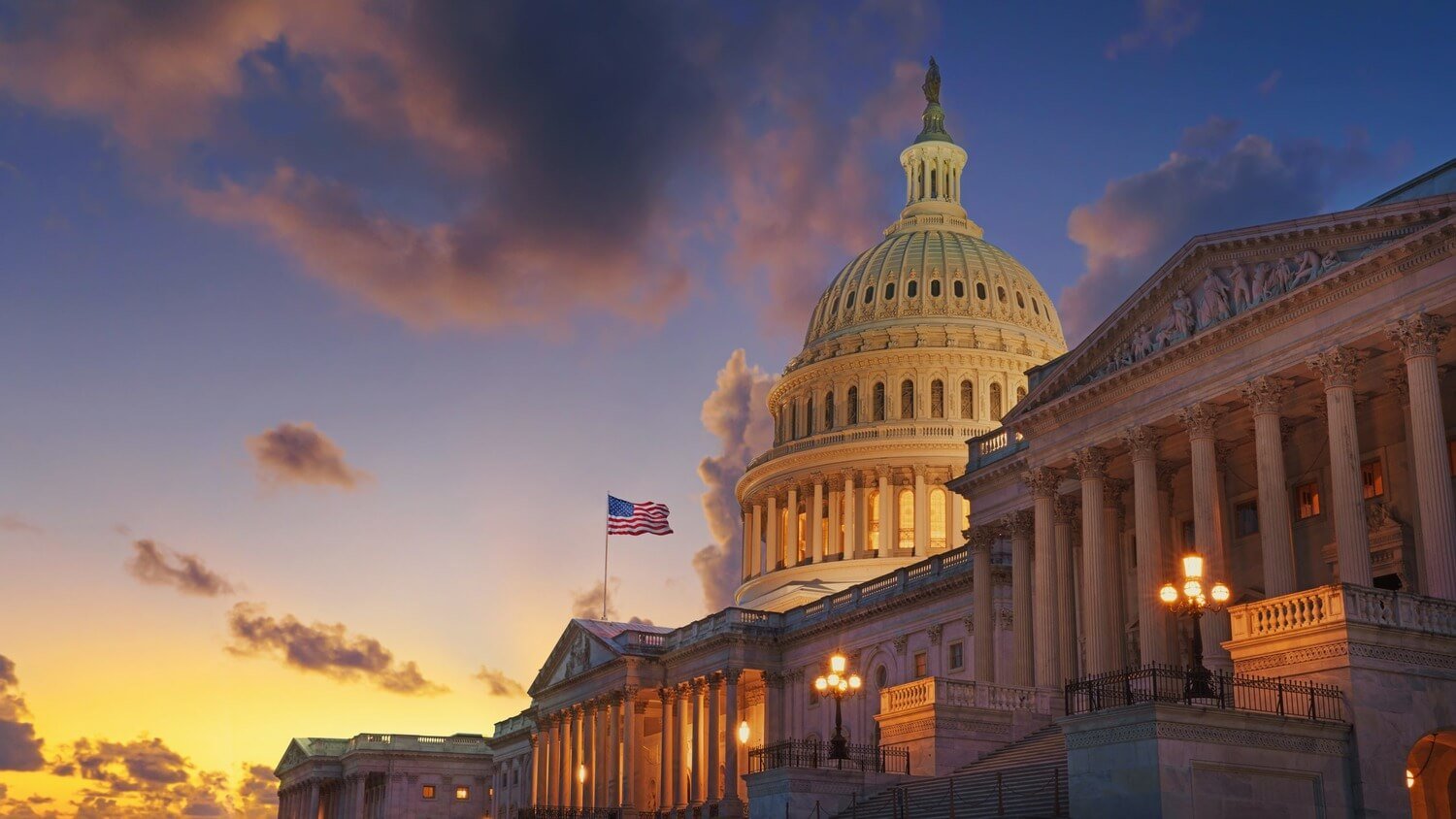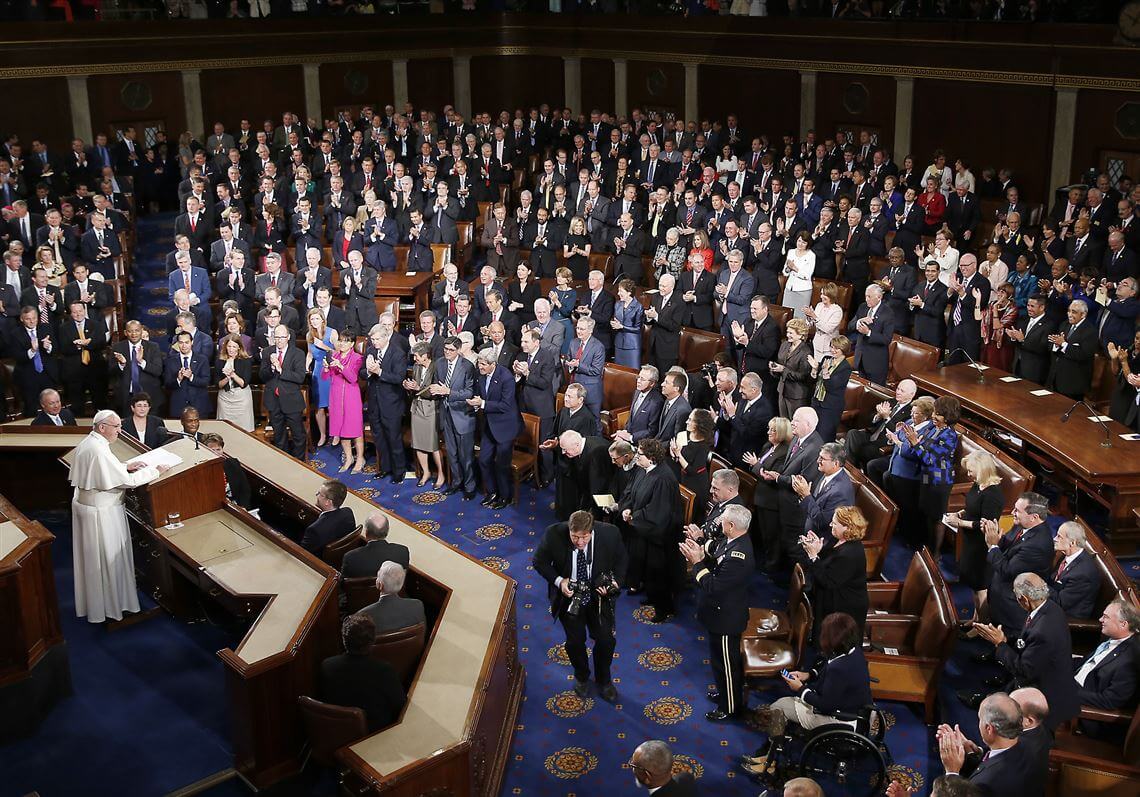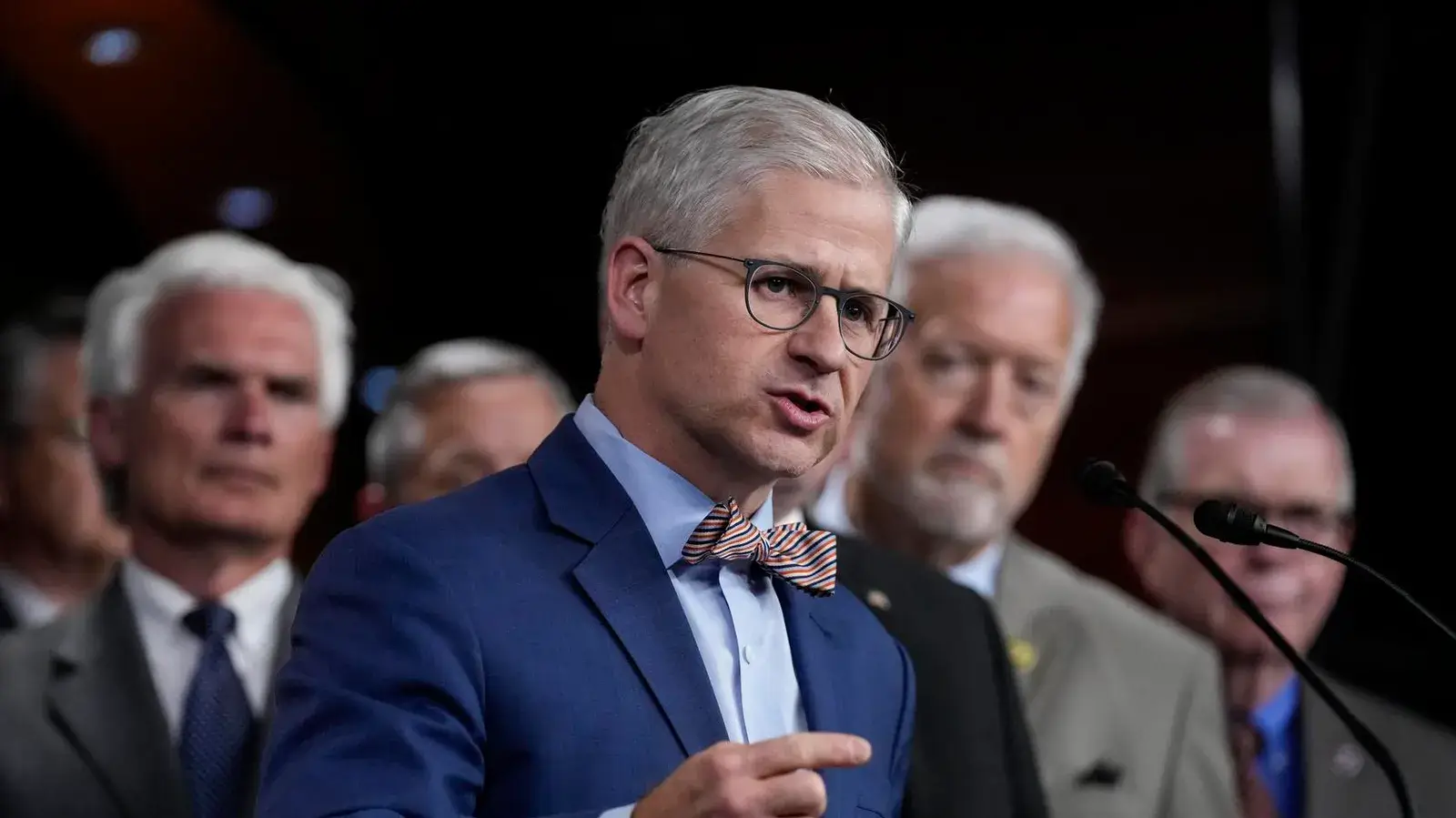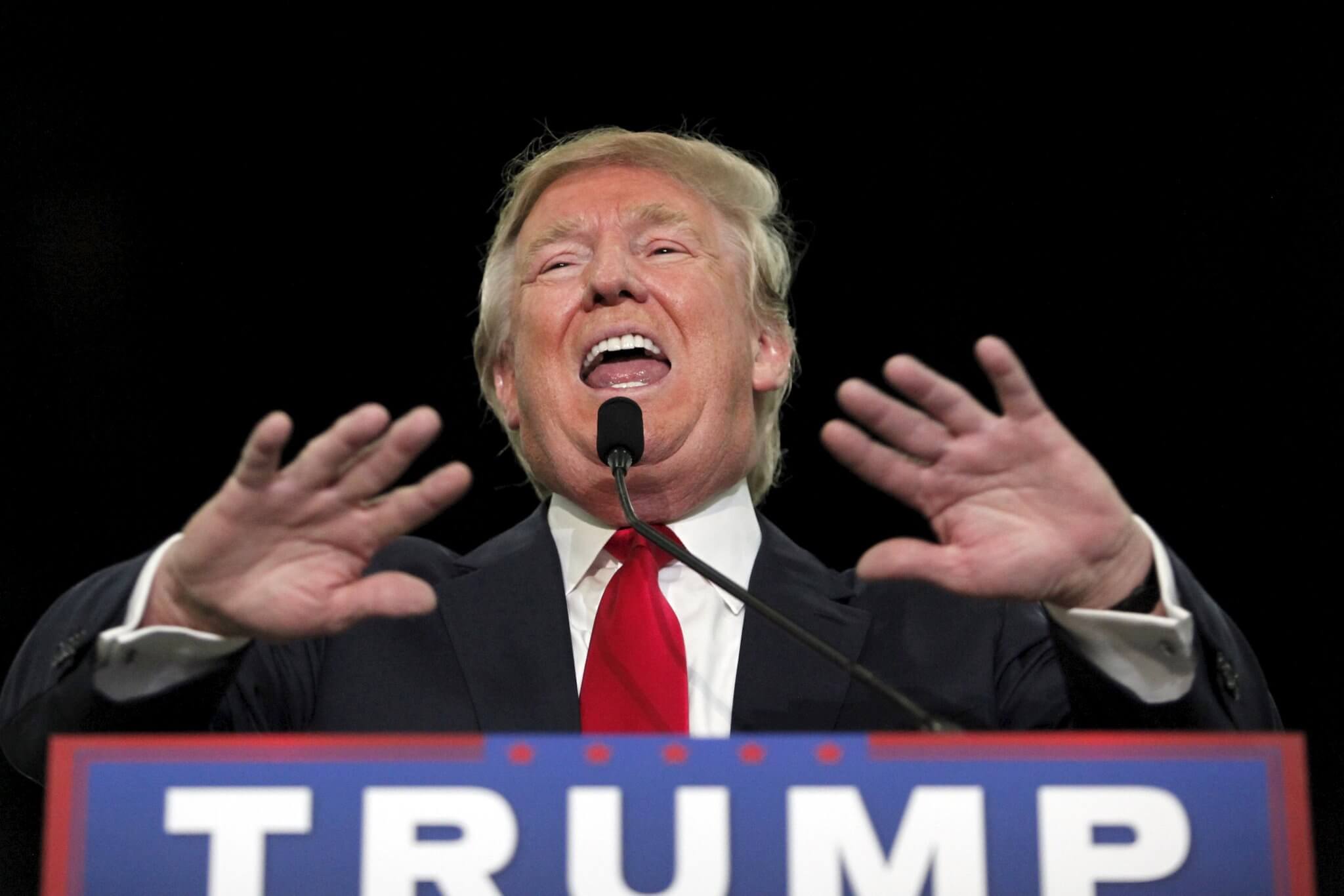In 2025, the U.S. government will undergo a major reshuffle. How will they affect the crypto market?
U.S. officials will have another opportunity to pass important legislation that shapes a new paradigm in digital asset market governance. In 2025, momentum may be on the industry’s side, thereby helping regulation move forward. Overall, it is expected that the most “crypto-friendly” Congress will soon be formed in Washington, while support for the industry at the highest level will be helped by the stance of newly elected President Donald Trump.

Earlier we learnt that the Securities Commission will also get new leadership. And we’re not just talking about Chairman Paul Atkins, but also the commissioners who vote on key decisions.
In this regard, the coin niche is also expected to see positive changes because of the SEC’s actions. Read more about this in a separate piece.
What will happen to the regulation of cryptocurrencies in 2025
The Committee on Financial Services of the House of Representatives will give the start of work on legislation on digital assets in the new year. It will be chaired by Republican French Hill. He is currently the head of a subcommittee focused on digital assets and has previously worked on a number of cryptocurrency-related bills.
In an interview with The Block, Hill noted the following about the upcoming changes.
If the cryptocurrency bills don’t pass in the current session, both will be my top priority in the 119th Congress.

U.S. Congress
It will take about three to four months for congressmen to adapt to the new working conditions, after which they are likely to start actively adopting new regulations. That’s the view of Ron Hammond, director of government relations at the Blockchain Association. Here’s his rejoinder.
We will see the reintroduction of many bills we are already very familiar with.
Members of the House of Representatives have been trying to pass the Stablecoin Act for several years. House Financial Services Committee Chairman Patrick McHenry, who is retiring in January, has been working with Democratic Leader Maxine Waters to create a regulatory structure for stackablecoins since as early as 2022.

House Financial Services Committee Chairman Patrick McHenry
Their steblecoin bill was approved by the Republican-led committee last year, but never received much support. At the time, Waters called the bill “extremely problematic” because of a provision allowing state regulators to approve the issuance of stablecoins without Federal Reserve involvement.
In the context of the Democrats' overall stance on digital assets, one might assume that this action was another move to crack down on the coin industry. Still, the SEC under Gary Gensler has been doing it almost overtly.
Hill may reintroduce the bill, but other officials are also in a position to take the initiative, Hammond noted.
The bill will likely start moving again in the House, as the Senate will be busy with appointments and other matters early in the year.
Specifically in the Senate, Republican Bill Hagerty introduced a bill back in October to create a regulatory structure for the stablecoin industry. This document looks a lot like the House version. However, the prospects for the bill’s approval remain dim even for 2025, according to Miller Whitehouse-Levine, CEO of DeFi Education Fund. He estimated the likelihood of that happening at 25 per cent.
😈 MORE INTERESTING STUFF FROM US AT YANDEX.ZEN!
Patrick McHenry also led the process of advancing the FIT21 bill, which expands the authority and funding for the Commodity Futures Trading Commission (CFTC) to oversee the spot market for cryptocurrencies and digital commodities. At the same time, FIT21 regulates the powers of the Securities and Exchange Commission (SEC). As we’ve already noted, the latter body has attracted a lot of negative attention after a couple of years of litigation against members of the digital asset industry.
The new composition of the SEC and CFTC adds uncertainty to the fate of FIT21. In particular, Trump has chosen Paul Atkins, known for his friendly attitude towards cryptocurrencies, as SEC chairman. With this in mind, some provisions of FIT21 may be revised – for example, the criteria for determining the decentralisation of crypto projects.
Meanwhile, the idea of creating a strategic bitcoin reserve in the US is being discussed at the federal and regional levels. Before the election, Donald Trump promised to start creating a crypto reserve based on the initiative of Senator Cynthia Lummis. In July, she presented a draft proposing that the US Treasury Department buy one million BTC over five years, and these coins should not be moved for twenty years.

US President-elect Donald Trump
However, the Lummis initiative has no support in the Senate and among both parties, Hammond noted. Another factor affecting the bill is Senator Elizabeth Warren’s new seat on the Senate Banking Committee.
Warren is known for her scepticism towards the crypto industry. But either way, the new Congress will have other priorities, including tax reforms and border security issues, which has the potential to sideline crypto initiatives.
For now, things are looking up for coin regulation in the US to finally become adequate. This was not the case under Joe Biden as the Democrats openly fought the crypto industry. Well, the new government's attitude towards digital assets will be completely opposite.
Look for more interesting stuff in our crypto chat. We are waiting for you there already today, so don’t waste your time.
SUBSCRIBE TO OUR CHANNEL IN TELEGRAM TO STAY INFORMED.
















